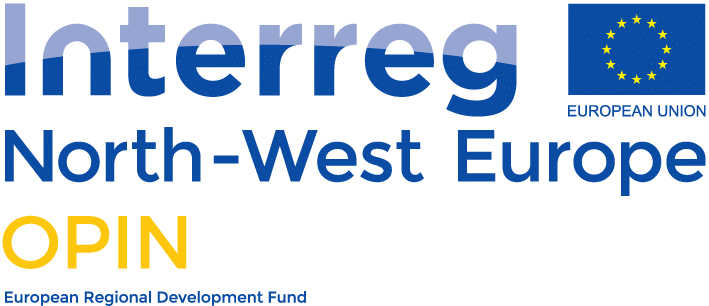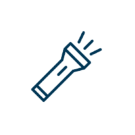
Contexte
The OPIN webinar « Improving confidence through standardisation and certification« was held online on 13/10/21 and addressed how to improve confidence of your project’ stakeholders (investors, insurers, etc.) through standardisation and certification.
The event was organised by WEAMEC as part of the Ocean Power Innovation Network (OPIN) project, financially supported by Interreg North West Europe.
The webinar recording and presentations are available at the bottom of the page.
Highlights of the day
- 60 participants: industrials, academics, start-up, etc. from 15 countries (UK, France, Ireland, Spain, USA, Japan, South Korea, etc.)
- 4 speakers:

Summary
- Introduction to the Ocean Power Innovation Network, , WEAMEC
WEAMEC is one of the founding partners of the Ocean Power Innovation Network (OPIN). OPIN is an international collaborative network that aims to encourage both cross-sectoral and cross-regional collaborations for the Offshore Renewable Energy sector. The network gathers more than 440 members from 30 different countries.
The presentation covered the supports offered to the network members: free events (webinars and masterclasses), Collaborative Innovation Groups and Technology Assessment Process. The next OPIN events were highlighted: a webinar on “How internationalisation can support collaborative innovation” on 05/11/21 and another one on consenting/social acceptance planned for mid-November 2021.
OPIN is running from 2019 to mid 2022 and financially supported by Interreg North West Europe.
- Risk mitigation, Michael Bullock and Joe Hulm, Renewable Risk Advisers
Renewable Risk Advisers (RRA) is a specialist risk management consultancy and insurance broker with a deep experience in offshore renewables. The presentation introduced a study done by RRA for the EU-funded OceanSET project, covering the design of a brand-new European insurance and warranty fund for the ocean energy sector, to de-risk, slash the costs of the first commercial projects and ultimately accelerate the roll-out of the sector. As part of this work, RRA interviewed a significant number of ocean energy stakeholders (technology and project developers, due diligence experts, insurers, investors, etc.). One of the recommentations is to appoint a panel of risk experts including test sites, consultancies, certification experts and marine warranty surveyors to assess the potential users of the fund throug independent verifications. It was discussed in particular how standardisation and certification requirements could be integrated with insurance needs, for instance replacing some of the due diligence activities which can be both costly and lengthy.
- IEC standardisation and certification schemes, Jonathan Colby, Verdant Power
The presentation highlighted the ongoing developments of standards and certification schemes within the International Electrotechnical Commission (IEC) for renewable energy (RE) applications. Jonathan Colby, Chair of IEC TC 114 Marine Energy and Convenor of IECRE Marine Energy Sector Working Group, gave an overview of the multiple standards published for ocean and river energy within IEC TC114 (IEC62600 series) and how they can be used to get an IECRE Type Certificate. Webinar participants were encouraged to join the existing IEC working groups and contribute to the development of future standards and certification schemes. Jonathan acting also as Director of Technology Performance at Verdant Power, a leading tidal energy developer operating the RITE project in New York, illustrated his speech by an application example on how to measure a tidal turbine power curve through the IEC methodology (IEC/TS 62600-200). As a result of this effort, Verdant Power received the first IECRE Test Report from EMEC in May 2021. The benefits of this approach have been highlighted: reduced barriers to global market entry, improved insurability, increased access to funding and ensuring confidence in system performance.
- Technology Qualification, Pilar Heras, Floating Power Plant
Floating Power Plant (FPP) is a clean-tech company that designs, develops, and provides a unique floating patented platform for wind and wave energy. After an introduction on the technology and previous test campaigns, Pilar Heras provided a useful insight on the Technology Qualification process followed with Lloyds and DNV, particularly adapted for the most innovative concepts such as combined wind and wave devices. Based on an initial risk assessment, several qualification activities have been identified as part of the Qualification Plan. They cover for instance numerical models and simulation tools, or dry testing the PTO. Qualification activities are ongoing and follow agreed relevant standards, including the IEC ones. FPP highlighted the importance of this qualification/certification approach to de-risk novel offshore renewable energy innovations and make them bankable.

